Article
Dementia and Creative Therapy

Health
Authored by Krishnaa Nair
Dementia has long been a focal point of gerontological healthcare interests. However, recent research and evolving perspectives on dementia have led to a new understanding that it is not merely a disease in and of itself, but rather a symptom that can be caused by various factors. Vascular dementia, traumatic brain injuries, Alzheimer's, and more are different medical conditions that can present with dementia as a prominent symptom. Additionally, lifestyle factors, such as smoking, have been shown to contribute to the onset of dementia.
The COVID-19 pandemic shed light on a significant lifestyle factor that may increase one's risk of dementia. Over two years of social isolation took a substantial toll on individuals globally, and the impact of this isolation on senior citizens, in particular, was notably detrimental. It is crucial to approach the study of dementia, lifestyle factors, and aging from a holistic and intersectional perspective, considering how elements like a lack of digital literacy and changing family structures may have worsened the loneliness experienced by senior citizens.
Efforts have been made in various populations to address the damage caused by isolation and to implement measures aimed at preventing its recurrence post-pandemic. These efforts include programs focused on improving digital literacy among senior citizens and communal initiatives designed to reintegrate older adults into society. However, these efforts are often limited to urban seniors who have access to resources, medical facilities, and familial or communal support. For those senior citizens who lack these advantages, managing dementia can be much more challenging.
Therefore, it becomes essential to identify dementia management strategies that are accessible and affordable to senior citizens across various social strata with varying levels of support and access. One intriguing approach that can be applied across degrees of accessibility is creative therapy. While there is no conclusive evidence that creative therapy is inherently more efficient at managing dementia than other forms of engagement, it is a holistic activity that can be both mentally and physically stimulating.
Dementia is a condition that can be incredibly depersonalizing, leading to lowered self-esteem and a loss of purpose. It can hinder one's ability to communicate effectively, often resulting in feelings of anger, frustration, and depression. Creative therapy encompasses various activities, such as painting, music, and writing, providing a means for older adults with dementia to express themselves and communicate. Engaging in creative activities may also help strengthen neurological pathways, potentially slowing the rate of cognitive decline. Additionally, artistic expression may serve as triggers for older memories, facilitating moments of recognition that can help soothe agitation and anger, providing relief for both the senior and their caregiver.
Creative therapy is a potentially highly accessible form of dementia management, with supplies being readily available in most places. It also opens avenues for social engagement and communal bonding, making dementia care more public rather than relegating it to the private and familial sphere. Creative therapy can cater to seniors with varying ranges of motor functionality and mobility, allowing them to partake, whether through finger painting or playing musical instruments like the guitar. This approach empowers older adults to express themselves based on their desires and abilities, facilitating a reclamation of their dignity and independence.
Effective dementia care must inherently be holistic. Relying solely on traditional healthcare and pharmacological interventions is not only inaccessible to many but also limits sources of engagement and support. Creative expression through therapy enables communication and, hopefully, brief moments of re-personalization.
Dementia is complex, and often scary, for both the senior and their caregiver. While it is a symptom of several neurological and physiological conditions, the COVID-19 pandemic has underscored the importance of addressing the influence of lifestyle factors and social isolation on dementia risk. Creative therapy, a versatile and accessible approach, offers a means of communication, expression, and connection, providing a potential path toward more inclusive and effective dementia management strategies. As we continue to refine our understanding of dementia and seek innovative solutions, it's essential to consider the diverse needs and circumstances of senior citizens in our efforts to improve their quality of life and well-being.
References:
1. Centers for Disease Control and Prevention. Dementia - Home. [https://www.cdc.gov/aging/dementia/index.html](https://www.cdc.gov/aging/dementia/index.html)
2. Alzheimer's Society. Risk Factors for Dementia. [https://www.alzheimers.org.uk/sites/default/files/pdf/factsheet_risk_factors_for_dementia.pdf](https://www.alzheimers.org.uk/sites/default/files/pdf/factsheet_risk_factors_for_dementia.pdf)
3. Centers for Disease Control and Prevention. Loneliness and Social Isolation in Older Adults during the COVID-19 Pandemic. [https://www.cdc.gov/aging/publications/features/lonely-older-adults.html](https://www.cdc.gov/aging/publications/features/lonely-older-adults.html)
4. National Center for Biotechnology Information. Creative Arts Interventions for Stress Management and Prevention—A Systematic Review. [https://www.ncbi.nlm.nih.gov/pmc/articles/PMC6513479/](https://www.ncbi.nlm.nih.gov/pmc/articles/PMC6513479/)
Related Resources
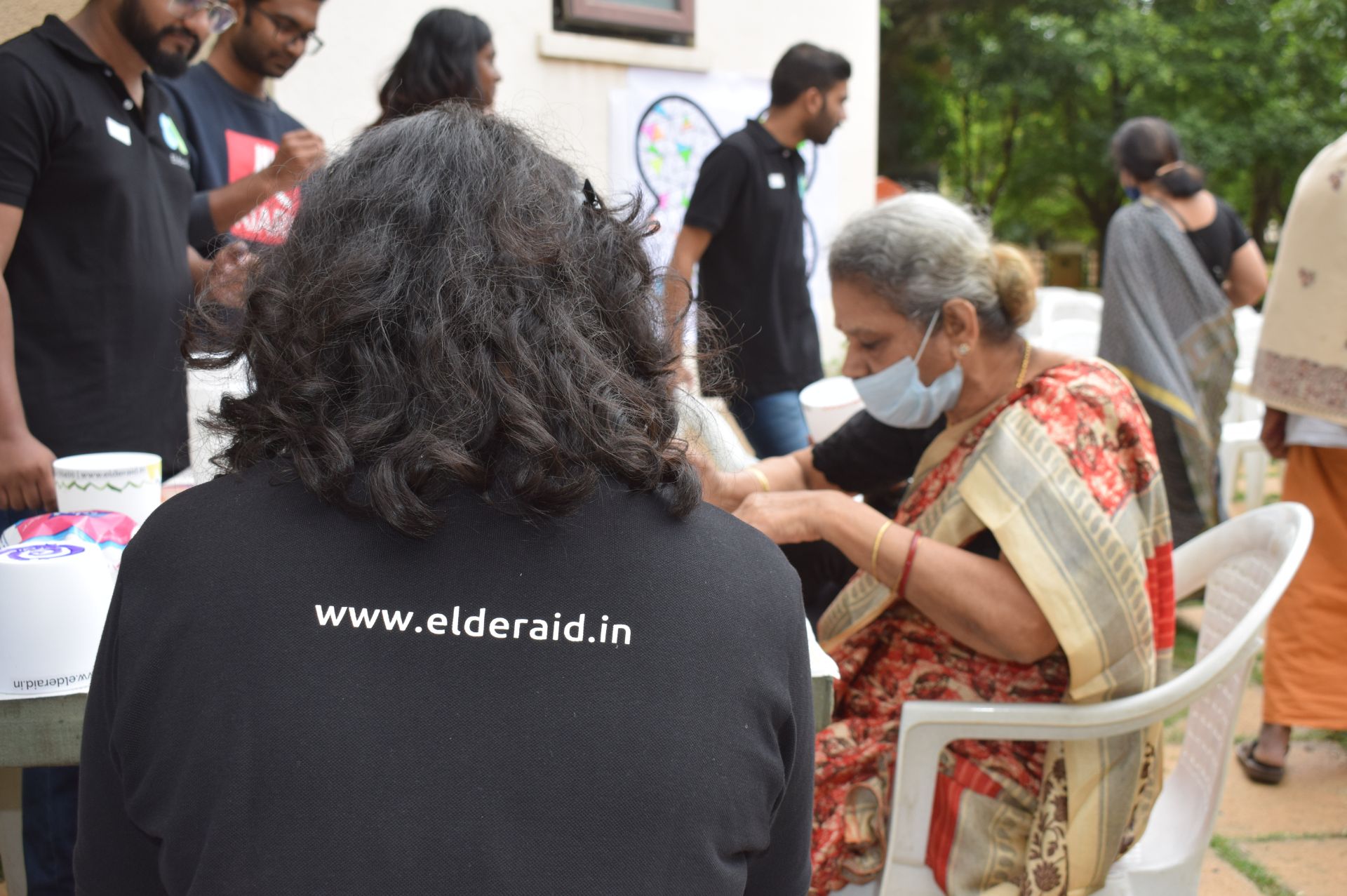
Article
Health
Having Fun Is Key!

Article
Health
Dimensions of Wellness

Article
Health
Stroke in Seniors: Understanding, Prevention and Care

Article
Health
Managing Chronic Pain in Seniors: Strategies to Ease Pain

Article
Health
Promoting Mental Health and Well-Being in Seniors: A Guide
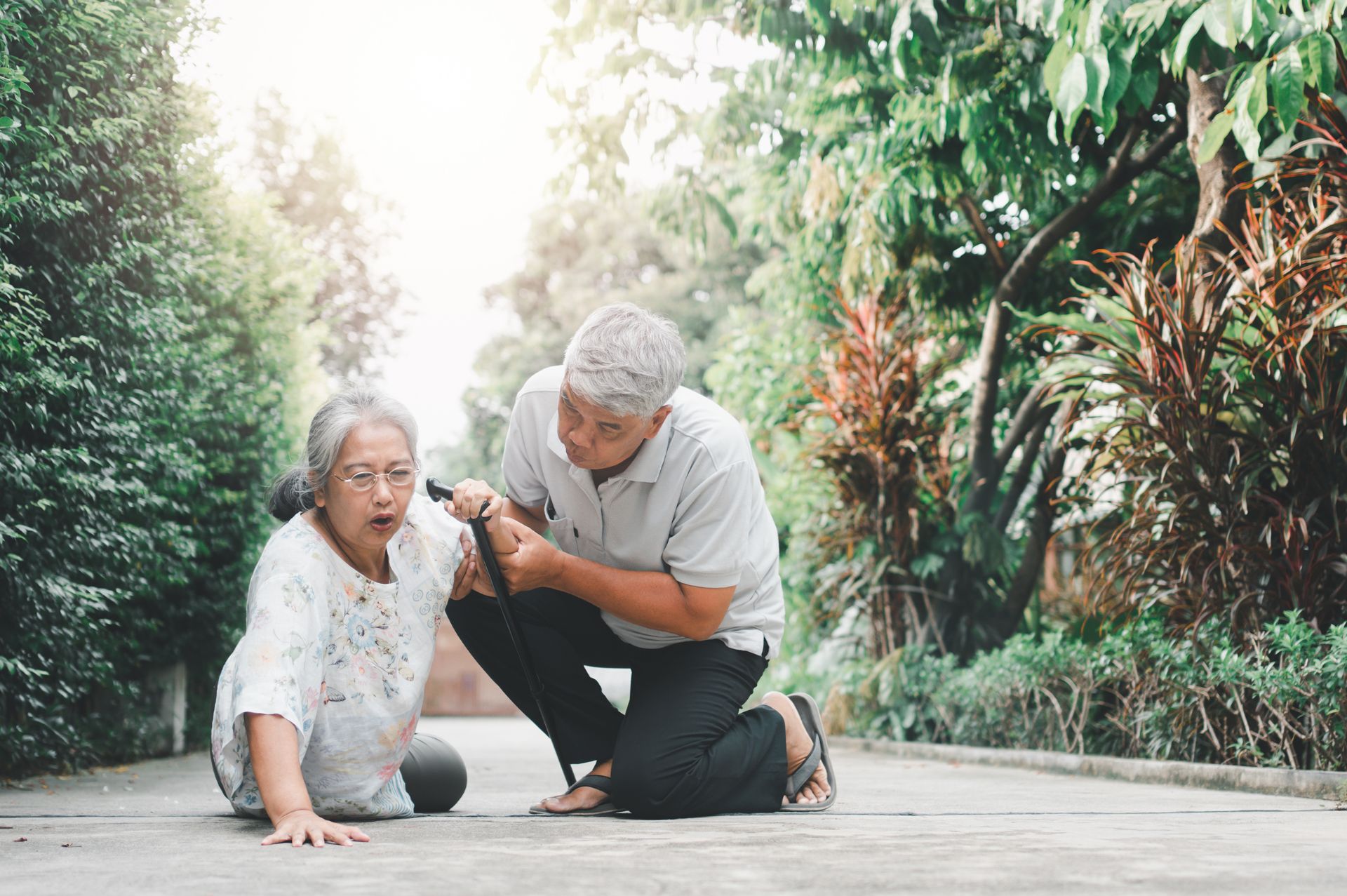
Article
Health
Fall Risk in Seniors: Understanding, Preventing and Managing

Article
Health
Dementia Care: The Promise of Artificial Intelligence

Article
Health
Living Well with Dementia: A Guide for Caregivers

Article
Health
The Latest Advances in Dementia Research

Article
Health
10 Ways to Reduce the Chances of Getting Dementia

Article
Health
Dementia Care: A Comprehensive Guide for Families

Article
Health
Adapting Your Diet With Age: Factors to Consider

Video
- 0-15
- min
Health
Blood Pressure as we age: What is a healthy target?

Article
- 0-15
- min
Health
What is the relationship between Diabetes & Dementia

Article
- 0-15
- min
Health
Is tight blood sugar control right for older adults with diabetes...

Article
- 0-15
- min
Health
High Blood Pressure Guidelines and Treatments for Seniors
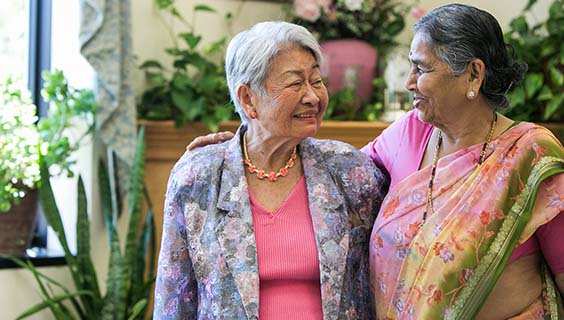
Article
- 0-20
- min
Health
Cognitive Health and Older Adults

Article
- 0-20
- min
Health
Dietary Supplements for Older Adults

Article
- 0-20
- min
Health
Scientific Secrets to Healthy Aging

Article
- 0-15
- min
Health
Hearing Loss: A Common Problem for Older Adults
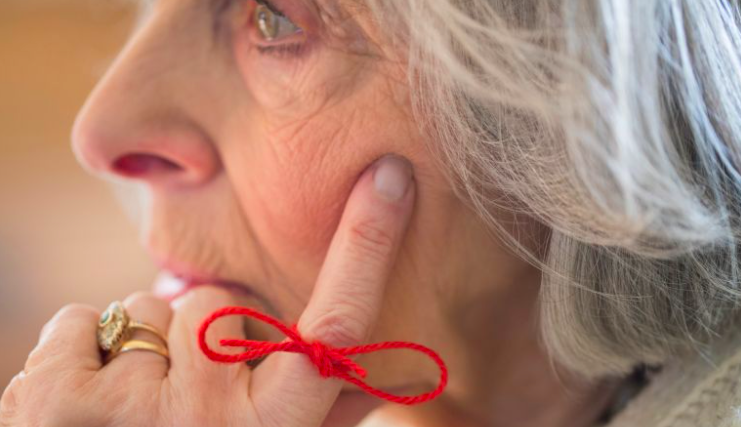
Article
- 0-20
- min
Health
Age-Related Memory Loss
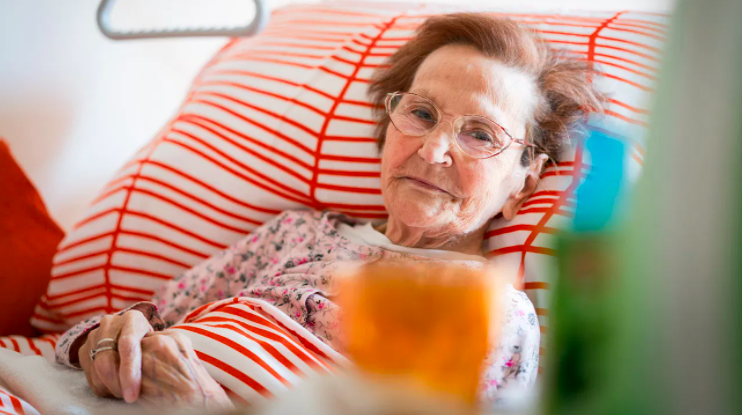
Article
- 0-20
- min
Health
What to Know About Pneumonia in Older Adults

Article
- 0-10
- min
Health
8 Early Signs of Arthritis You Should Never Ignore

Article
- 0-10
- min
Health
7 Gentle Exercises for Seniors With Arthritis

Guide
- 0-45
- min
Health
A Caregiver's Guide to Arthritis
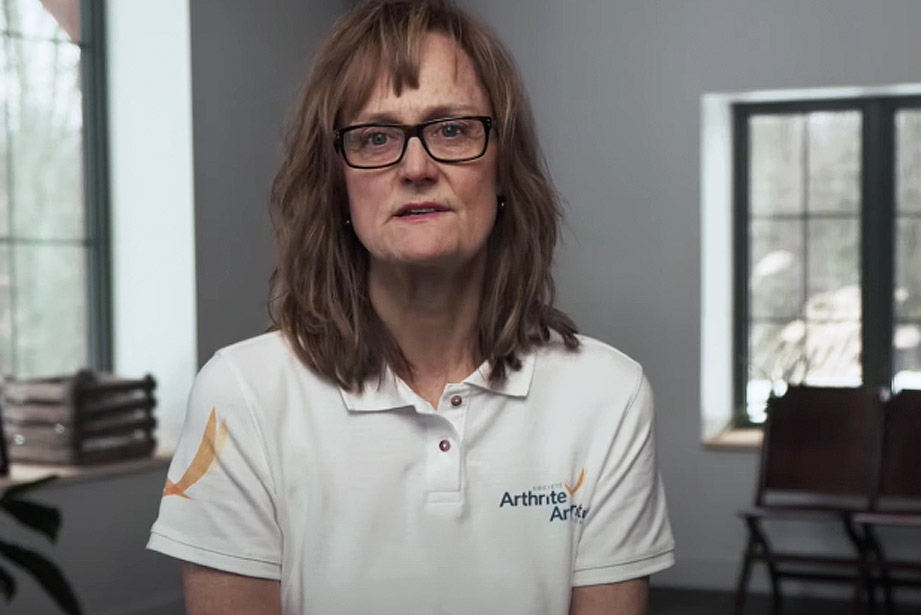
Video
- 0-4
- min
Health
Arthritis Advice - Arthritis and Caregivers

Article
- 0-15
- min
Health
A Good Night's Sleep
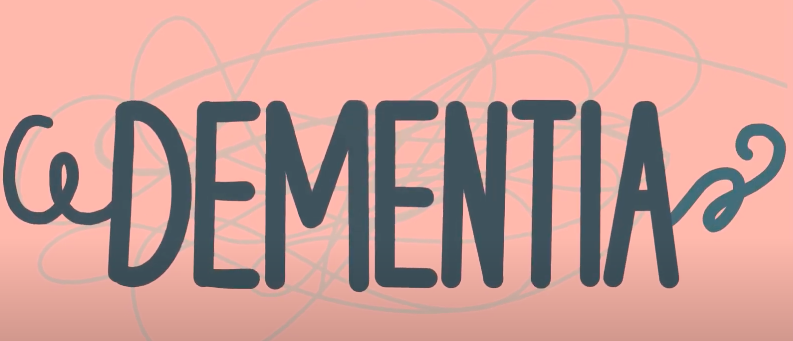
Video
- 0-5
- min
Health
Caregiver's survival guide: how to care for the Elderly

Article
- 0-5
- min
Health
5 Foods That Help You Sleep Through the Night as You Age
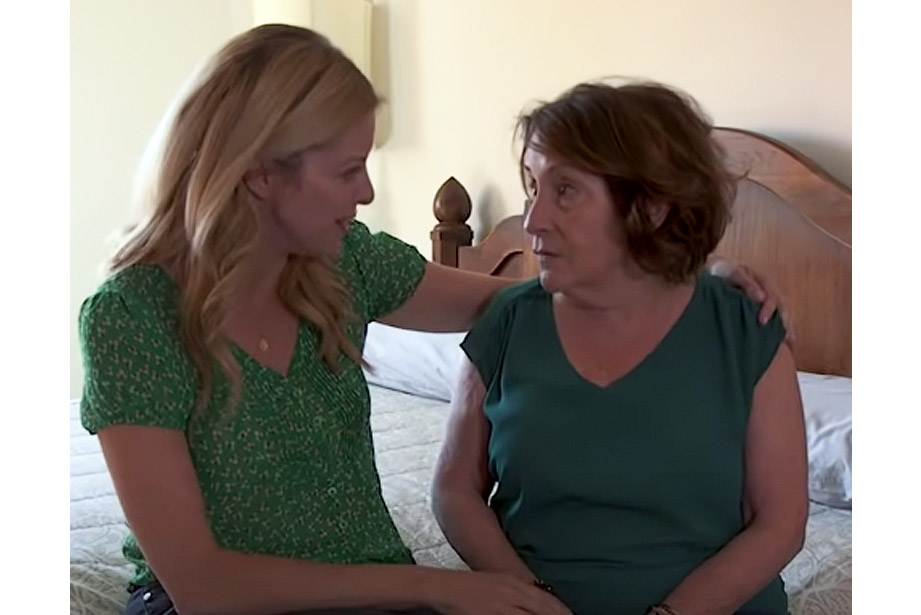
Video
- 0-6
- min
Health
Agitation and Anxiety
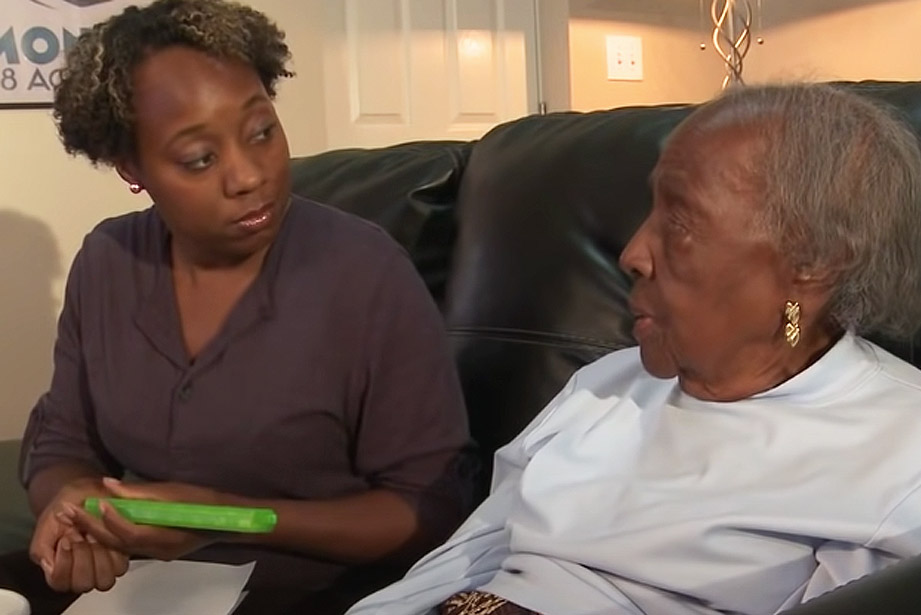
Video
- 0-4
- min
Health
Refusal to take medicines
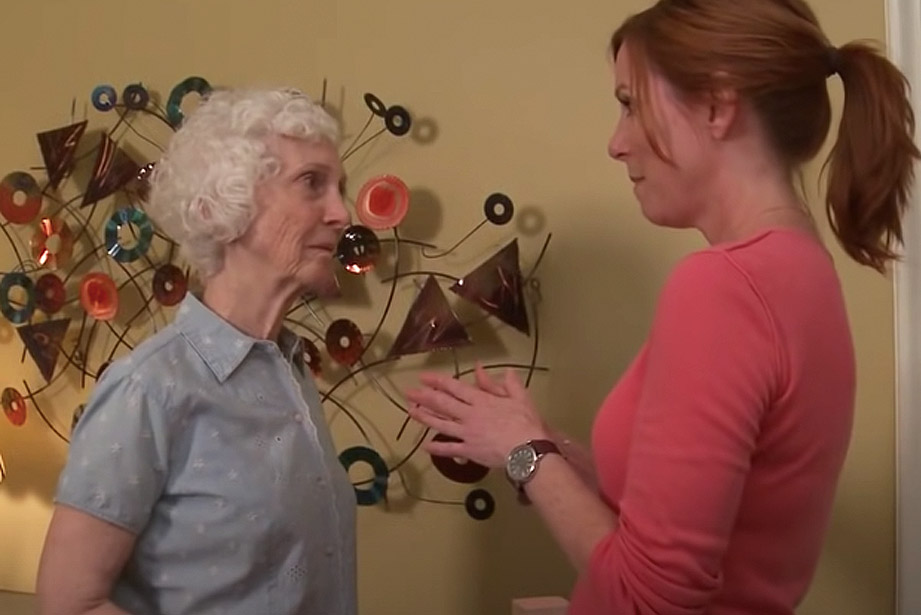
Video
- 0-5
- min
Health
Refusal to take a bath

Guide
- 0-45
- min
Health
Your mind matters
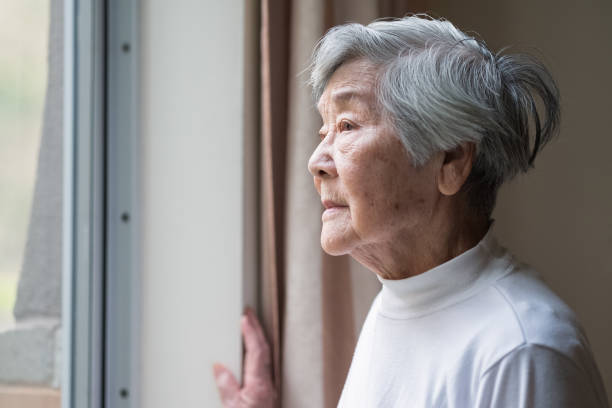
Article
- 0-5
- min
Health
Mental health of older adults

Article
- 0-5
- min
Health
Signs and Symptoms of Mental Health Issues in Elderly People

Guide
- 0-1
- hours
Health
Eating well with dementia: practical tips for family carers
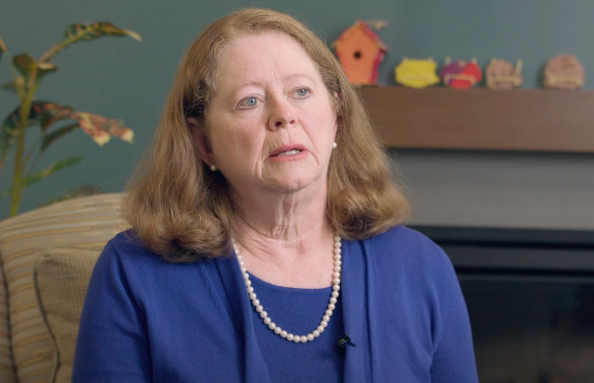
Video
- 0-11
- min
Health
The Importance of Nutrition and Signs of Malnutrition in Persons...

Article
- 0-10
- min
Health
Meal Appeal: Help Loved Ones with Dementia Get the Nutrition They...
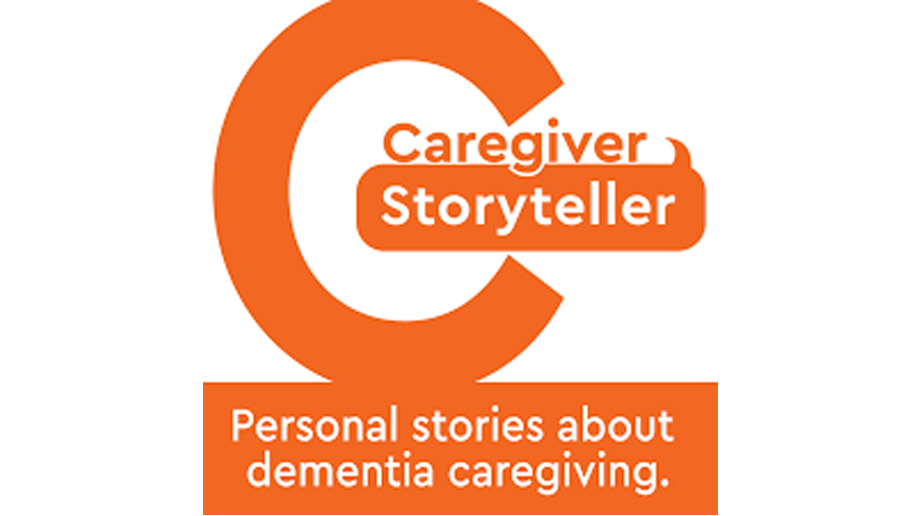
Podcast
- 0-43
- min
Health
Alzheimer's & Dementia Caregiving: You Matter
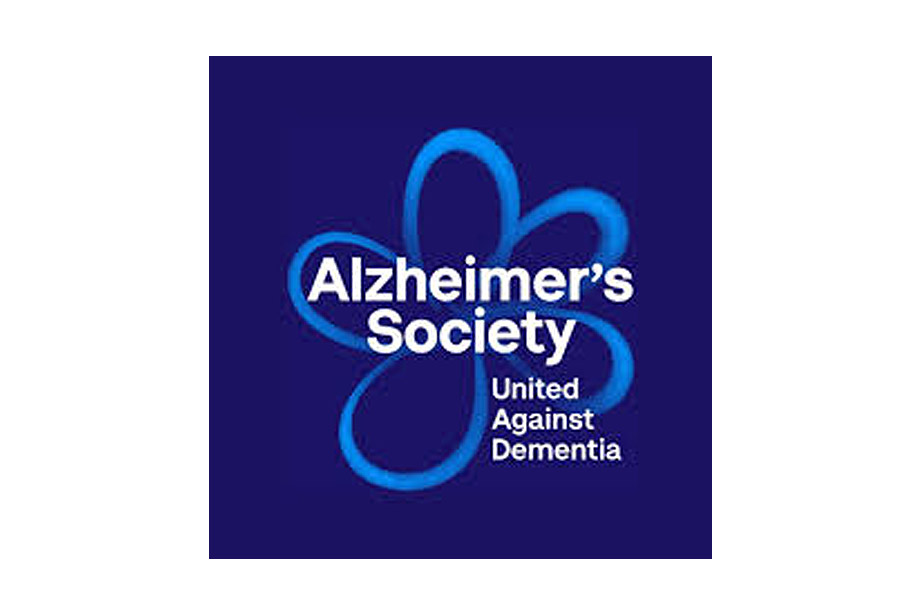
Podcast
- 0-15
- min
Health
Dementia together podcast
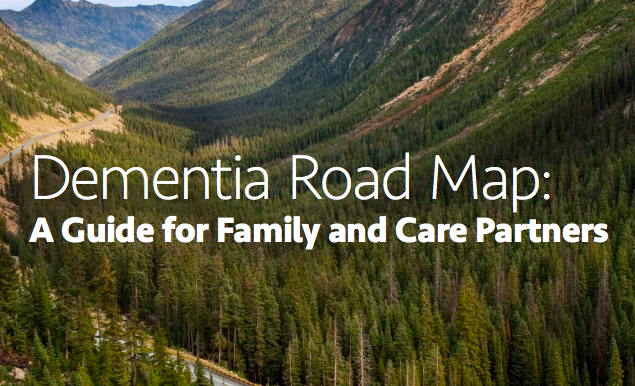
Guide
- 0-60
- min
Health
"Dementia Road Map: A Guide for Family and Care Partners"

Video
- 0-20
- min
Health
Dementia is preventable through lifestyle. Start now

Guide
- 0-60
- min
Health
Caregiver Training Videos

Article
- 0-15
- min
Health
Reducing Your Risk for Dementia

Article
- 0-10
- min
Health
What Is Dementia?
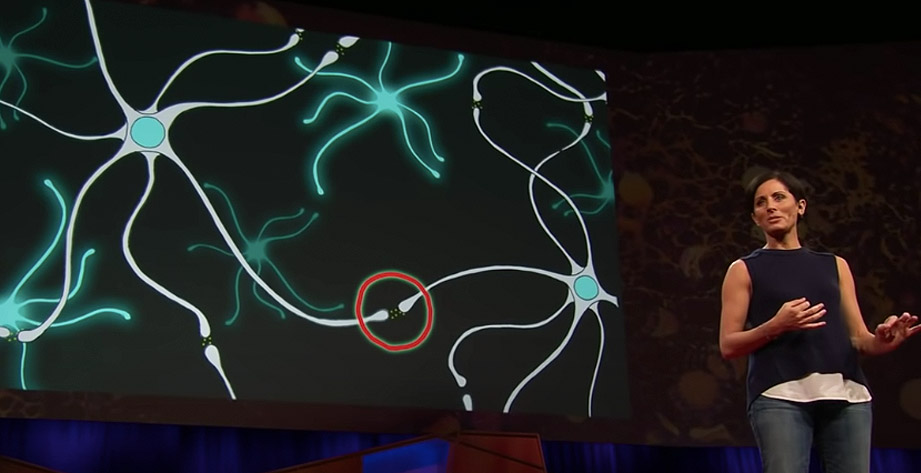
Video
- 0-14
- min
Health
What you can do to prevent Alzheimer's | Lisa Genova
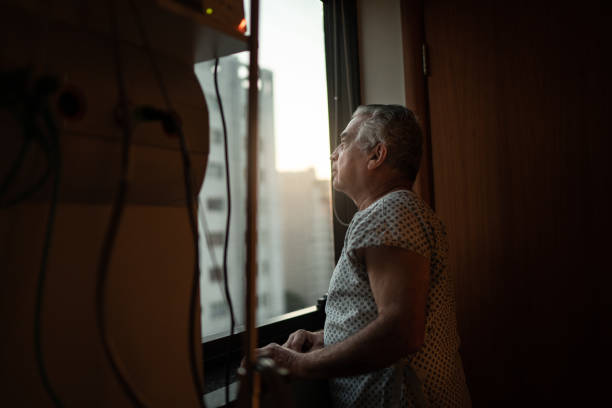
Article
- 0-15
- min
Health
Caring for a Person With Late-Stage Alzheimer's Disease

Article
- 0-10
- min
Health
Coping Strategies for Alzheimer's Disease Caregivers
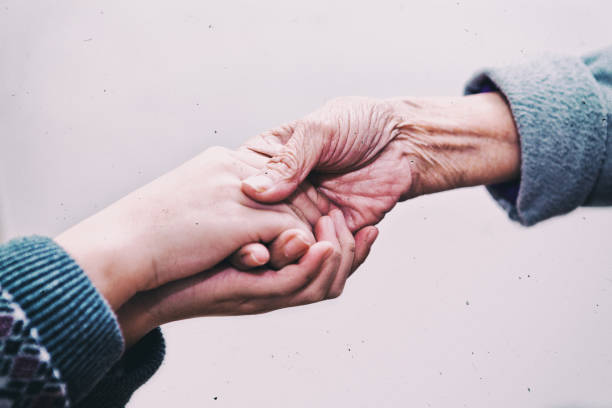
Guide
- 0-20
- min
Health
How to support a person with dementia to eat and drink well?

Article
- 0-10
- min
Health
Preventing Alzheimer’s Disease and Dementia—or Slowing its Progre...

Video
- 0-17
- min
Health
Power Foods for the Brain
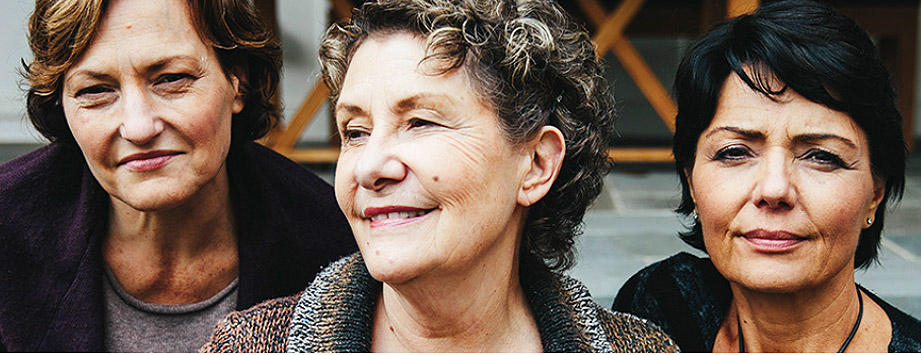
Guide
- 0-20
- min
Health
Caregiving for Alzheimer's
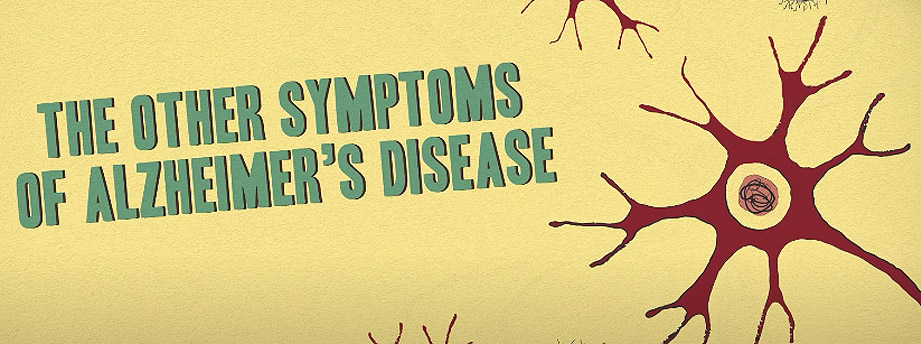
Video
- 0-5
- min
Health
The Other Symptoms of Alzheimer's Disease
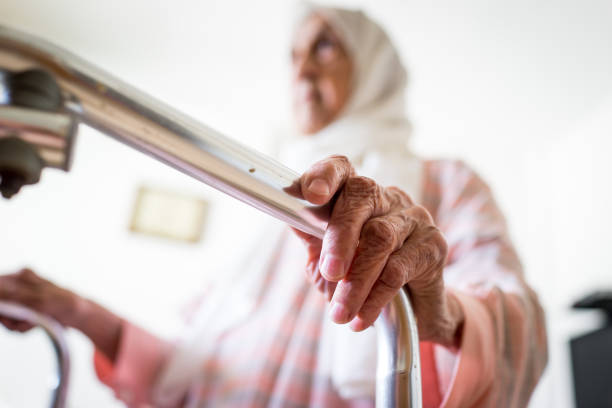
Article
- 0-10
- min
Health
Alzheimer's Disease and Exercise: Safety Tips, Activities and Mor...
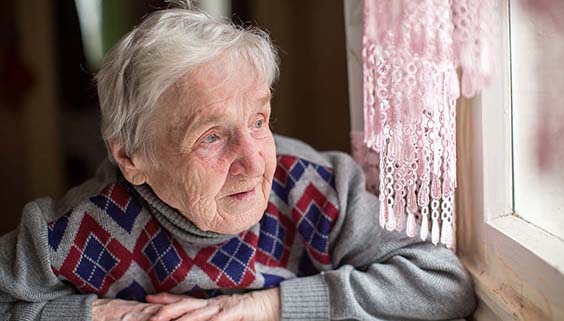
Article
- 0-5
- min
Health
What Is Alzheimer's Disease?

Toolkit
- 0-20
- min
Health
Caregiver Nutrition Education Toolkit

Article
- 0-10
- min
Health
9 Nutrients Older Adults Need for Nutrition and Health

Video
- 0-6
- min
Health
Healthy Aging with Nutrition

Article
- 0-15
- min
Health
Making Sense of Nutrition Advice for Seniors



